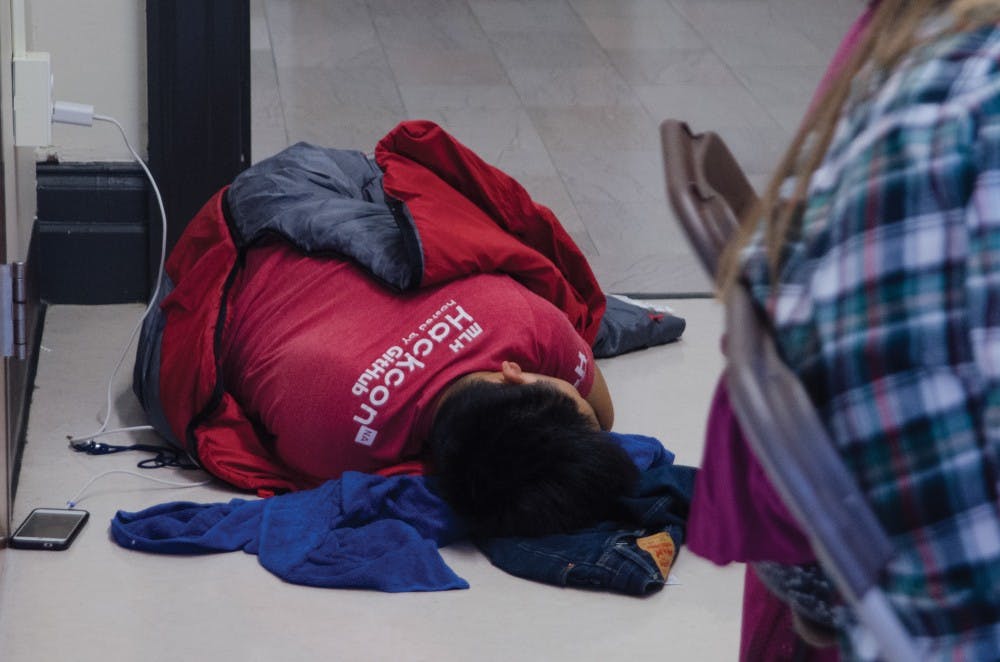
Penn researchers have found a surprising potential treatment for depression: sleep deprivation.
A review of 36 years worth of studies done on the topic suggest that depriving patients of sleep can serve as a powerful antidote for those with depression. Published in the Journal of Clinical Psychology, this research found that in as little as 24 hours, 50 percent of patients found that being deprived of sleep helped alleviate their depressive symptoms, regardless of whether or not patients were also taking medication, according to Philly.com.
Scientists found, however, that partial sleep deprivation — three to four hour’s sleep, followed by 20 to 21 hours of staying awake — was equally effective as total sleep deprivation. Accordingly, medical professionals are recommending partial sleep deprivation as the better option, given the many negative health effects that come with a lack of sleep.
“In my opinion, partial sleep deprivation would be better for depression patients than total, as a full lack of sleep can exacerbate symptoms,” Nik Gkampranis, a consultant psychiatrist and sleep specialist at Spire Healthcare said to the New Zealand Herald.
Researchers theorize that sleep deprivation might help treat depression because it resets patient's circadian clock, an "internal clock," which is often out of sync for people with depression. But the short term effects of this treatment make it difficult to best implement these findings, and scientists are questioning why depriving patients of sleep helps depression in the first place.
“This whole phenomenon is the complete opposite of what anyone would expect,” Philip Gehrman, an associate professor of psychiatry and senior author of the study said to Philly.com. “Why would losing sleep be in any way helpful for depression?”
The Daily Pennsylvanian is an independent, student-run newspaper. Please consider making a donation to support the coverage that shapes the University. Your generosity ensures a future of strong journalism at Penn.
Donate




